When you think about coconuts and Kerala, the link seems quite natural and intrinsic. After all, the state is one of the largest producers of coconuts, and the fruit (yes, coconuts are botanically classified as fruits, just like tomatoes) is revered there as a source of so many products. But, did you know that even though everything from the coir to the water of coconuts is used, the shells are often considered a waste?
Maria Kuriakose, an entrepreneur from Thrissur, Kerala, is dedicatedly working towards changing that perception of coconut shells through her homegrown business, Thenga. In an exclusive conversation with Her Circle, Kuriakose explained how she started her venture, the challenges she faced while building it, and her hopes for the future.
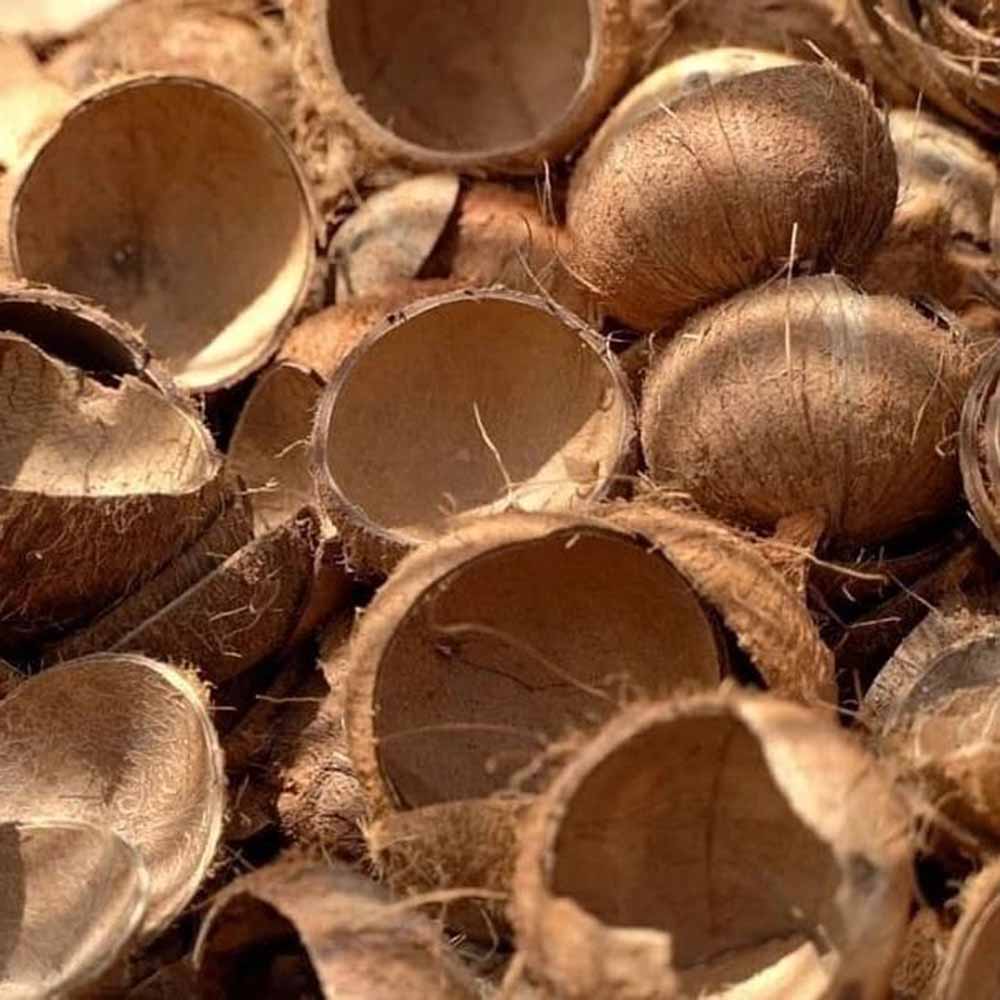
Starting A Small, Sustainable Business
Kuriakose says that she always had a strong inclination to start her own business, so she started looking at areas she would like to work on. Sustainability and eco-friendly products were where her passion lay in any case. She was working at a corporate in Mumbai during that time, but her intention was to return to her hometown and work on her own business. While looking for a sustainable venture, she specifically looked at coconuts because growing up in Kerala, she knew that coconuts were available in plenty there. Kuriakose went to a few coconut oil manufacturing units, where she saw that the coconut shells were “largely considered as waste and burned as fuel.”
Considering that coconuts for her represented the tree of life as every part could be useful, Kuriakose decided to turn this waste into viable products. Coconut shells provided her with the in she needed, more so because the products would be cost-effective if produced in Kerala itself. She first created a simple bowl with the shells and sent it to people in Bangalore and Delhi for the first few orders. Slowly, the business started growing with time. And it has been quite a journey since 2019.
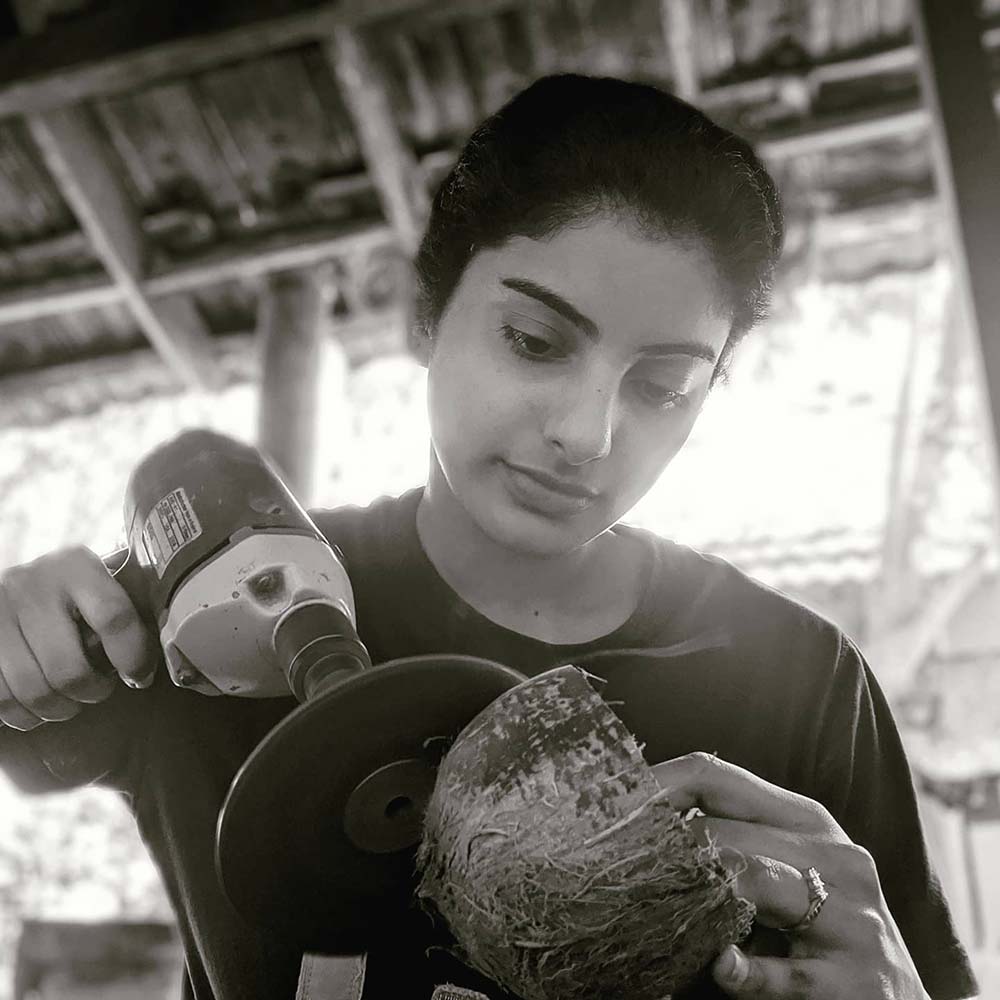
Growing Pains In The Coconut Shell Business
“In the initial phase, when we did start getting orders, the samples we created were simple,” she explains. “But when you have a bulk order in hand, say from around 100 people, the products cannot be all of different sizes. The coconut shells may come in different sizes, but when you’re selling a product, then you have to keep a certain capacity in mind. The customer also needs to know what size the bowls would be. The specifications and size were not easy, because we had to filter through hundreds of shells to filter down to the ones we could use.”
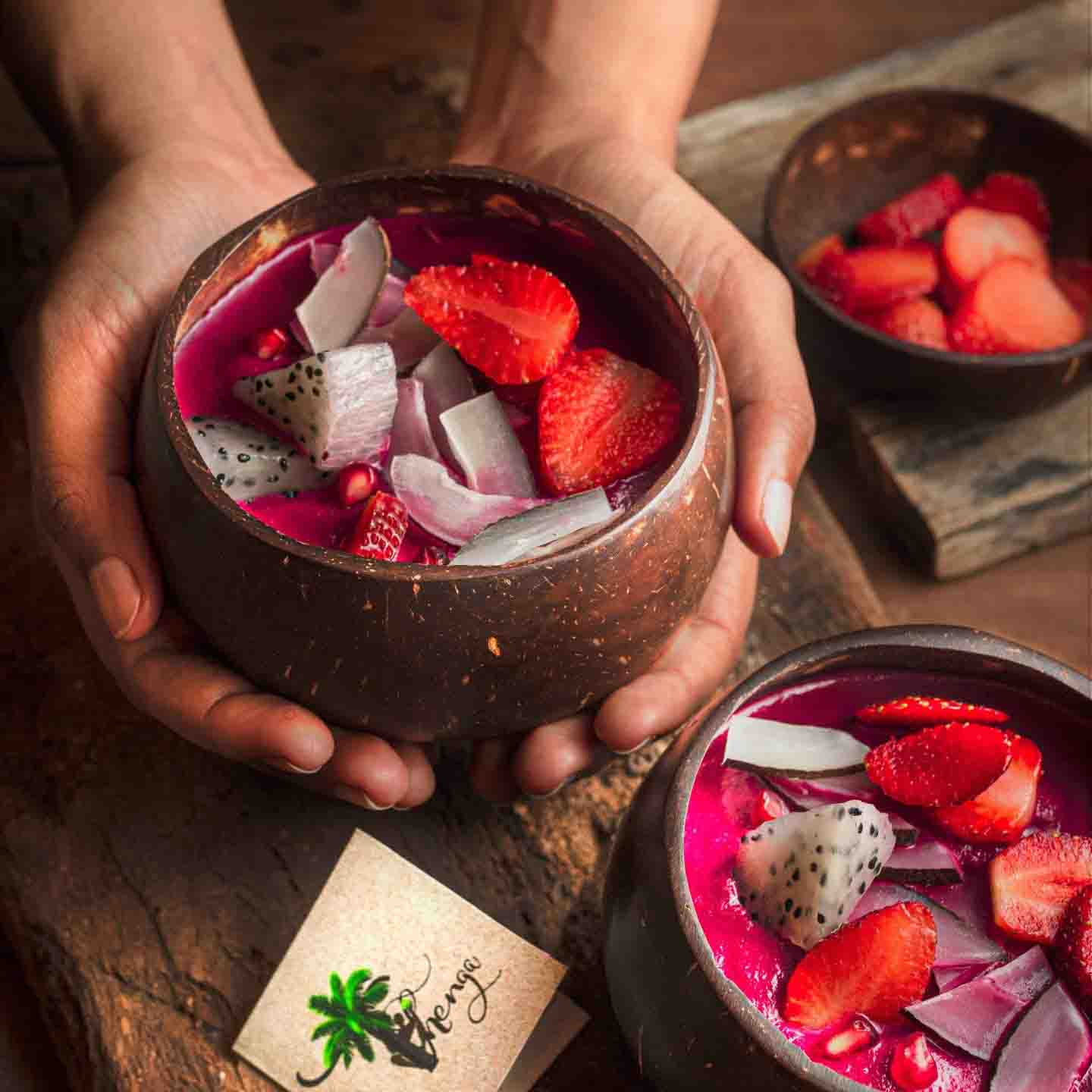
Plus, the fact that everything has to be made by hand, with the help of a few automated tools, also posed a challenge. Kuriakose’ dad came out to help her with this aspect. “He helped set up a few simple machinery that would speed up the production process,” she says. With the money earned from the first few sales, Kuriakose then invested in handheld tools, buffing machines and logo printing tools. And yet, she insists that this hasn’t been a very capital-intensive business for her. “In the initial phase, the capital investment was less than ₹5,000,” she adds. “It’s just the procurement of the right shells that took effort. The cutting and polishing of the products were done at home, and the revenue that we got from the first couple of orders was used to run the remaining business.”
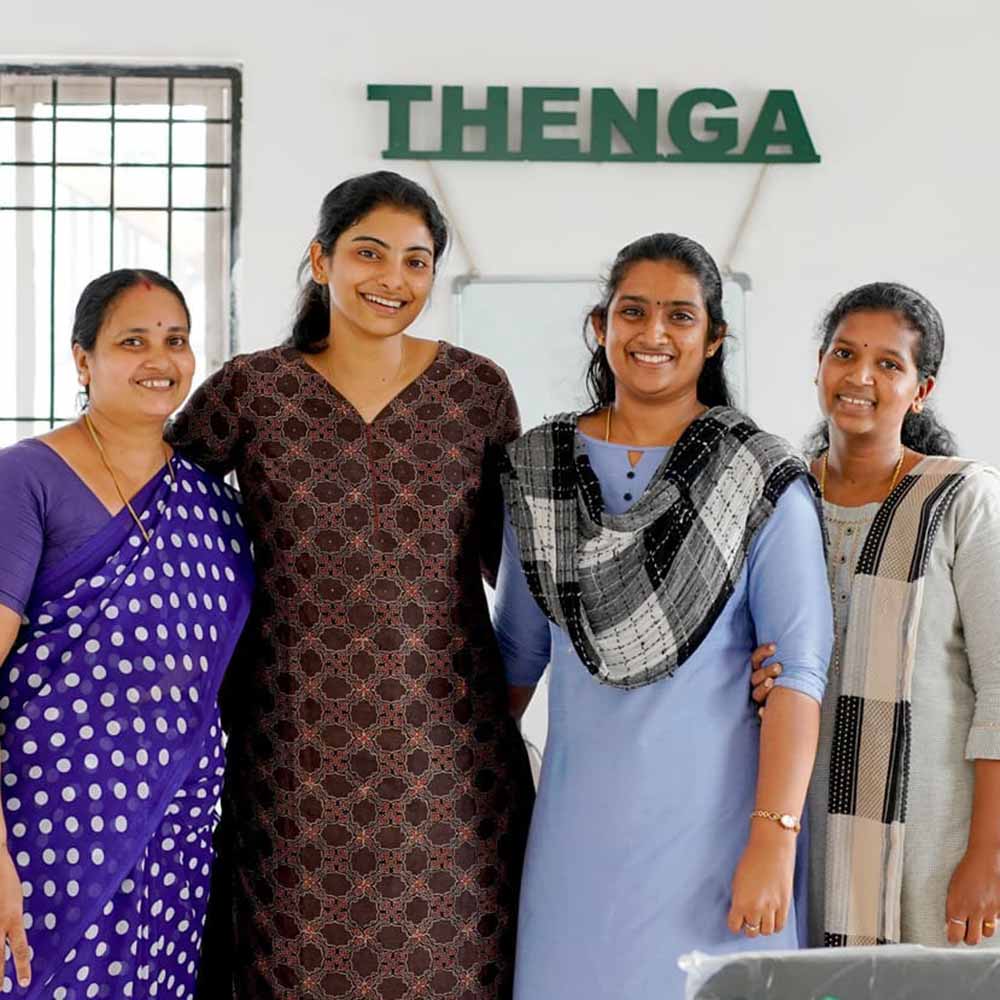
The Challenges Of A First-Time Entrepreneur
“Being a first-time entrepreneur and not having anyone in the family who had a background in business, getting the ball rolling was a challenge,” Kuriakose says. “You have so many aspects to focus on, like finance, marketing, launching the products, maintaining stocks, and maintaining or upgrading standards. I was able to learn only as I was building the business. I loved learning through my experiences.” Another challenge Kuriakose faced was due to the fact that her products were not machine-made, but natural.
“In my business, you can only take what nature offers. This is important to understand not only for us, but also for our customers. Unlike a plastic product they buy, these products are completely natural, but we do not have the control over the size and shape of the products. We have to explain to the customer that we are just modifying what nature gives us to suit their needs,” she adds. This has been a learning experience for her, as well as her expanding customer base.
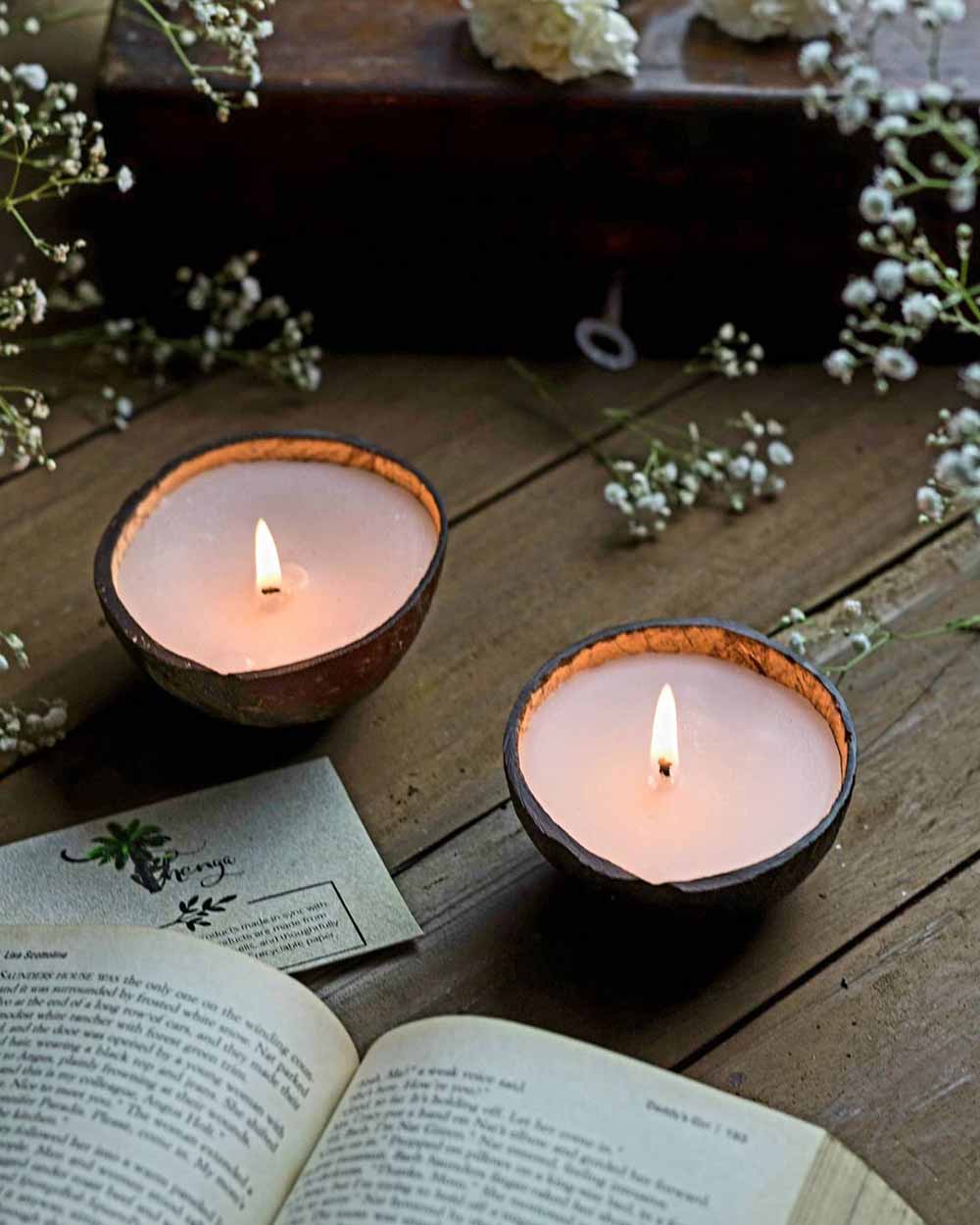
The third challenge for Kuriakose was building up a team. Thenga functions with a four-woman core team, including Kuriakose, which handles the day-to-day running of the business. “Initially we started out working only with one small unit, but slowly we realised that there are many artisans in Kerala who work on these products at home. These are handmade. So, apart from our own team, we have seven more artisans from different districts, who are working on different products,” she explains. Giving these artisans a platform has been rewarding for Kuriakose.
Looking Beyond The Pandemic Towards Triumphs
Starting a business in 2019, in retrospect, can seem like a very dangerous thing to do now—but Kuriakose explains that apart from a few operational issues around the beginning of 2020, when the COVID-19 pandemic first hit, Thenga hasn’t been affected much. In fact, as people moved towards more conscious and sustainable lifestyle choices, her business has expanded to all the major cities of southern India, Delhi, and even some places abroad. Add to this the fact that Kuriakose’s products aren’t just bowls made out of coconut shells, but also cups, candle holders, containers, planters and cutlery, which helped expand her business. She explains that she wants to continue focusing on coconut shells, “because we want to see what more can be done, especially since we’re based in Kerala and know the material really well.” She now wants to explore the arena of toys, and see if coconut shells can be used.
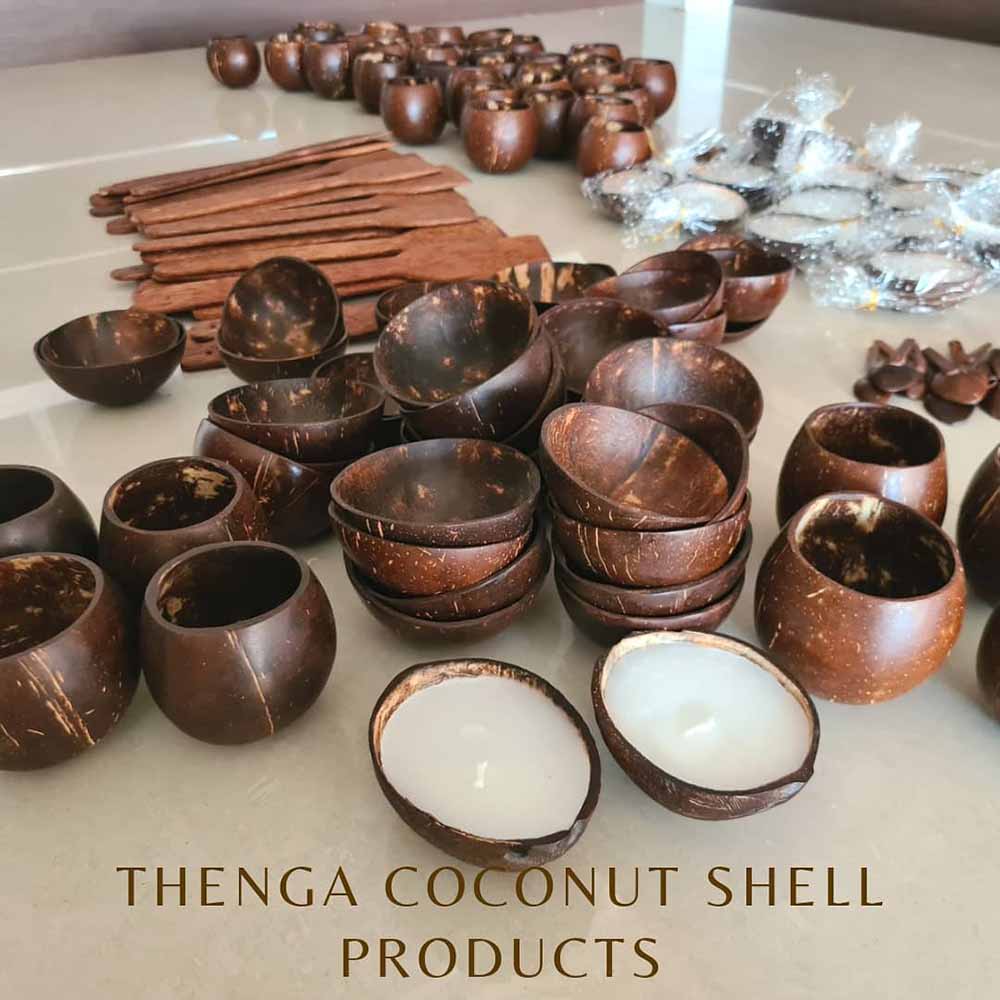
This apart, Kuriakose says that she’s hoping to make her sustainable business stable enough to provide for her business expenses. She also adds that this is precisely the reason why while they are hoping to innovate, she does want to build things slowly and steadily. For other entrepreneurs, Kuriakose suggests that following your passion can always help. “I wouldn’t say you should join the sustainability market, but rather start something that you’re passionate about. My training has been in marketing, but my passion has been in sustainability,” she says. “To all the women in India, I would recommend thinking about what you really like, what you really want to work towards, and then really give it a try. Take that risk. It’s okay if you fail, but you will learn a lot that can be helpful in the future.”